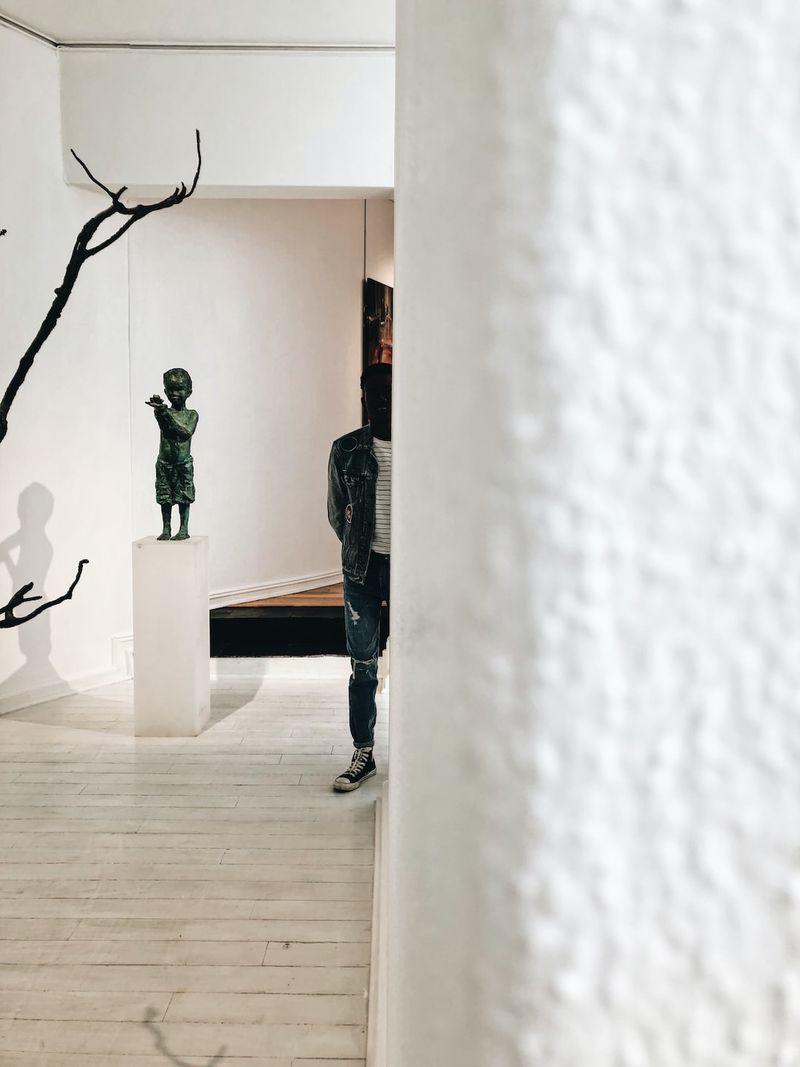The Enduring Legacy of “Spy Kids”: A Milestone of Latino Representation
Introduction
In 2001, director Robert Rodriguez introduced us to the world of “Spy Kids,” a family action-comedy that became a surprise hit at the box office and a symbol of Latino representation in film. Now, two decades later, Rodriguez returns with a reboot of the franchise, “Spy Kids: Armageddon,” which is set to premiere on Netflix. In a recent interview, Rodriguez reflects on the impact of “Spy Kids,” the importance of representation onscreen, and the challenges faced by Latino filmmakers in the industry.
The Power of Representation and Diversity onscreen
According to Rodriguez, one of the reasons “Spy Kids” has had such a profound impact is its representation of a Latino family. He recalls a conversation with a friend whose child saw Rodriguez’s name in the credits and realized they could aspire to be like him. This demonstrates the transformative power of seeing oneself represented onscreen and the ability to inspire future generations. Rodriguez emphasizes how representation creates a sense of universality, allowing individuals from all backgrounds to find resonance in a story.
The Journey to Create a Latino-Led Franchise
Rodriguez also reveals the challenges he faced when pitching the idea of a Latino family as the focus of the “Spy Kids” franchise. The studio executives were initially skeptical, suggesting that the family be made American instead of Latino. Rodriguez stood his ground, drawing from his own family background and experiences to convince them that authenticity and diversity would make the film more relatable and universally appealing. He cleverly compared the choice to James Bond’s Britishness, highlighting how specificity can actually make a character more universally beloved.
A Family Affair: The Making of the “Spy Kids” Franchise
One unique aspect of the “Spy Kids” franchise is that it is essentially a family affair. Rodriguez involved his own family in the creation of the films, with his children working on the project since they were young. This familial collaboration adds an authenticity to the films, as they draw from the experiences and dynamics of Rodriguez’s own family. Rodriguez emphasizes that the family-oriented nature of the franchise is what makes it so special and resonant to audiences.
From “Spy Kids” to “Fast & Furious”: Common Themes in Rodriguez’s Work
While on the surface, “Spy Kids” may seem different from the rest of Rodriguez’s filmography, he points out that there are common threads that run through all of his films. Rodriguez’s trademark sense of humor and imaginative storytelling can be found in both his family films and his action-packed hits like “From Dusk Till Dawn” and “El Mariachi.” These common elements showcase Rodriguez’s unique voice as a filmmaker and his ability to seamlessly blend different genres and tones.
The Challenges Faced by Latino Filmmakers
Despite the success and impact of “Spy Kids,” Rodriguez acknowledges that there is still a long way to go in terms of representation in the film industry. He asserts that more authentic voices and stories are needed, emphasizing the importance of having filmmakers who can write stories that require diverse roles and cast the right people to play them. Rodriguez’s own clout and influence as a writer-director-producer played a significant role in successfully pushing through the concept of a Latino-led family film. He calls for continued support for diverse filmmakers, highlighting that their breakthroughs are vital in driving meaningful change.
Conclusion
The legacy of “Spy Kids” stretches far beyond its box-office success. It stands as a symbol of Latino representation onscreen and the transformative power of diverse storytelling. Robert Rodriguez’s commitment to authenticity, universality, and humor has allowed the franchise to resonate with audiences of all backgrounds. While progress has been made, there is still work to be done to ensure that more diverse voices are heard in the film industry. Rodriguez’s success with “Spy Kids” serves as a model for future filmmakers, reminding us of the importance of creating stories that are both culturally specific and universally relatable.

<< photo by Kristina Paul >>
The image is for illustrative purposes only and does not depict the actual situation.
You might want to read !
- Exploring Robert Rodriguez’s insights on the apocalyptic world of ‘Spy Kids: Armageddon’
- The Inside Scoop: Unveiling How Simone Biles’ Gymnastics Comeback News Leaked
- Will Phil Mickelson’s arrival and Jon Rahm’s chipping lesson impact the Inside Scoop?
“Inside Scoop: Phil Mickelson Brings Expertise as Jon Rahm Masters Chipping”
- “The Witcher Season 3 Volume 1 Review: Unveiling the Preparations for Henry Cavill’s Epic Finale”




